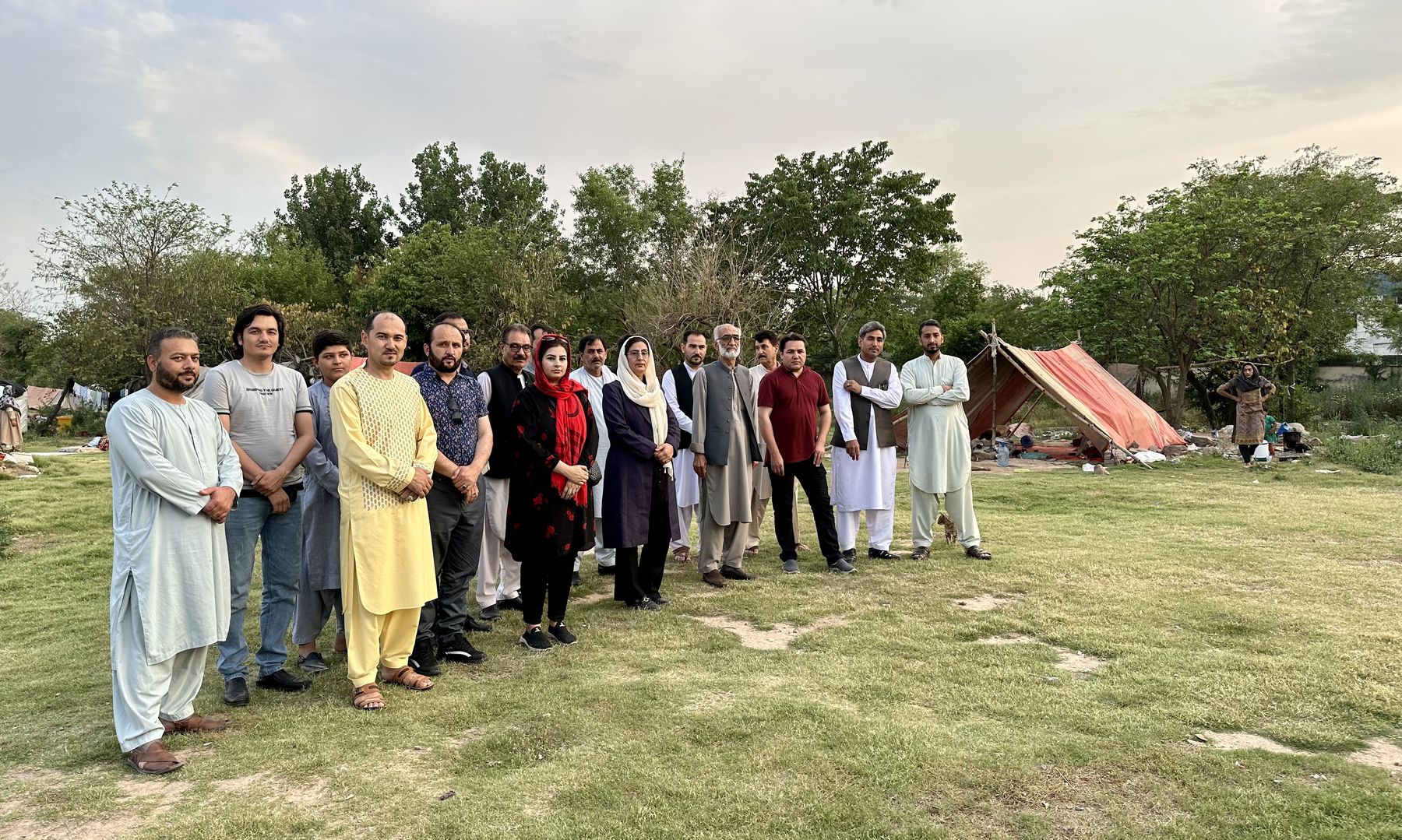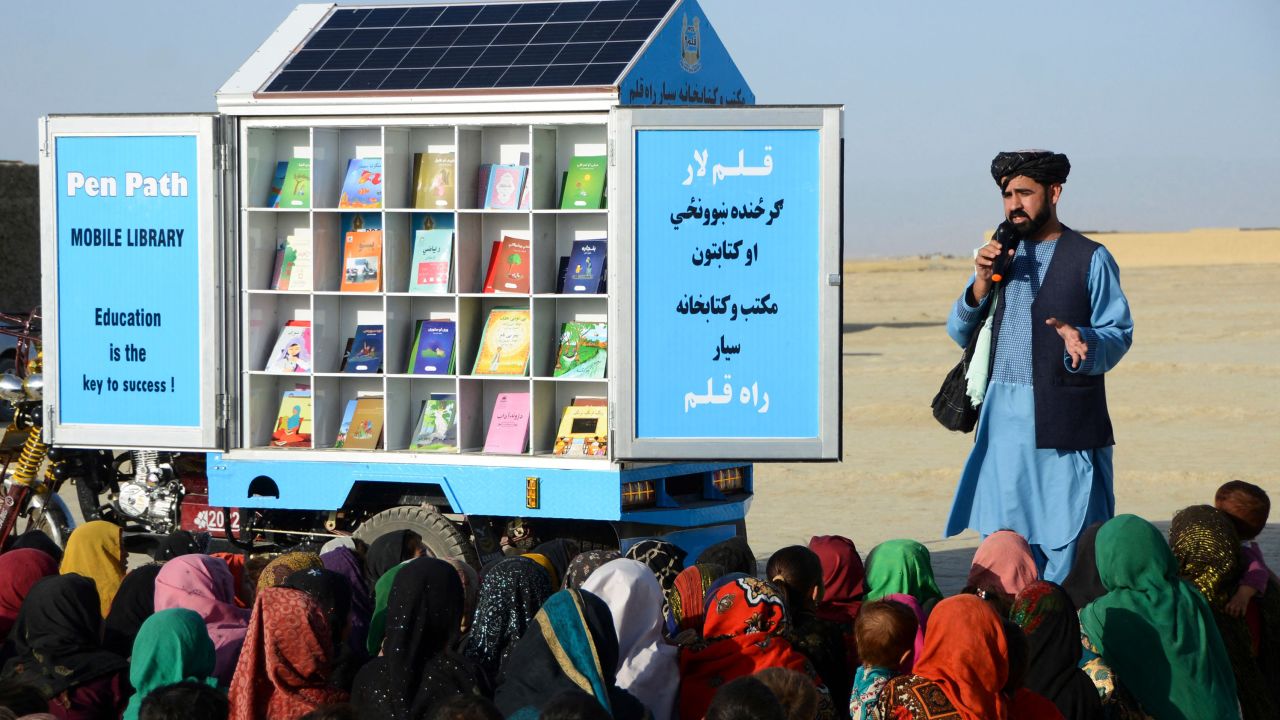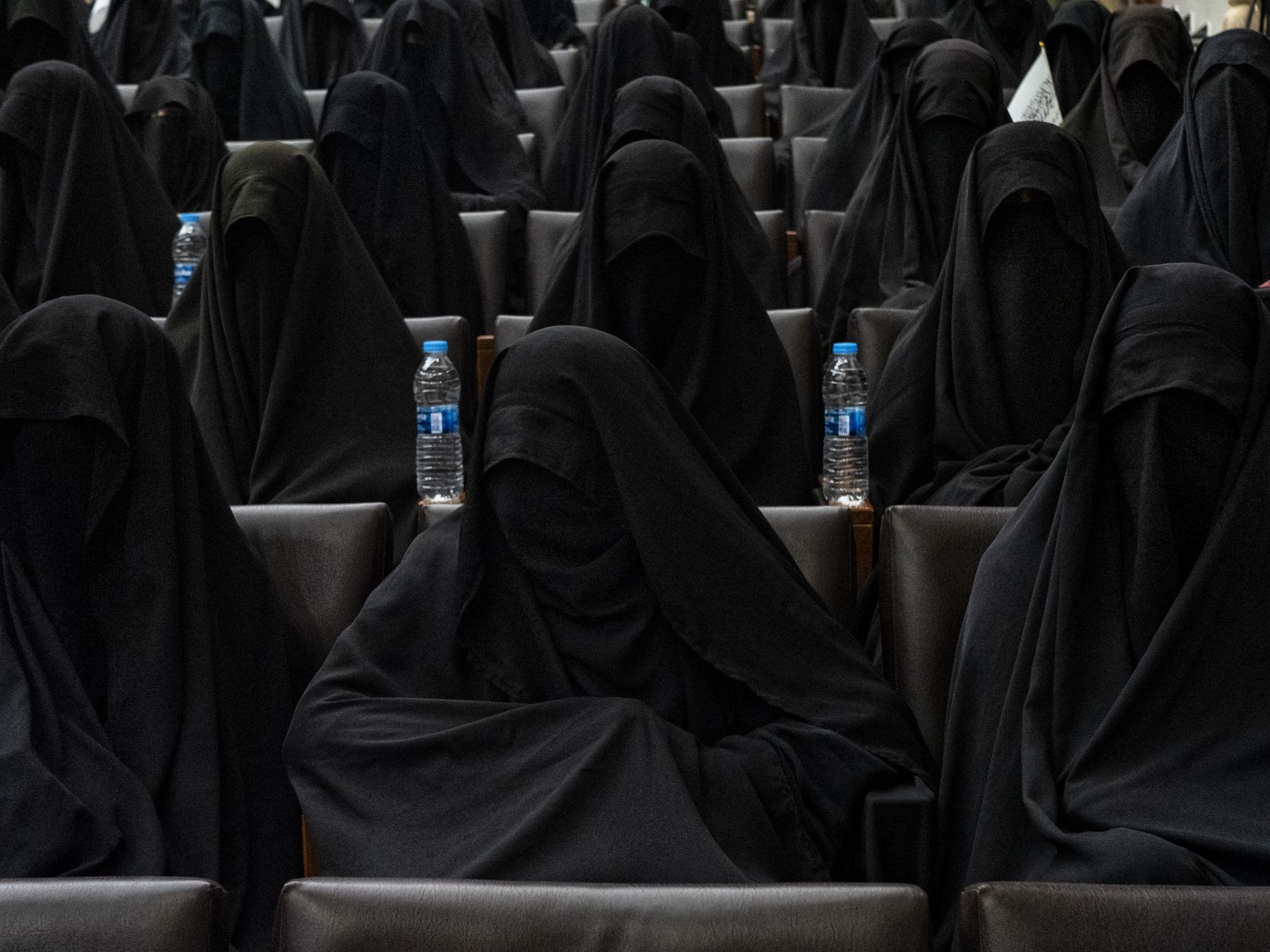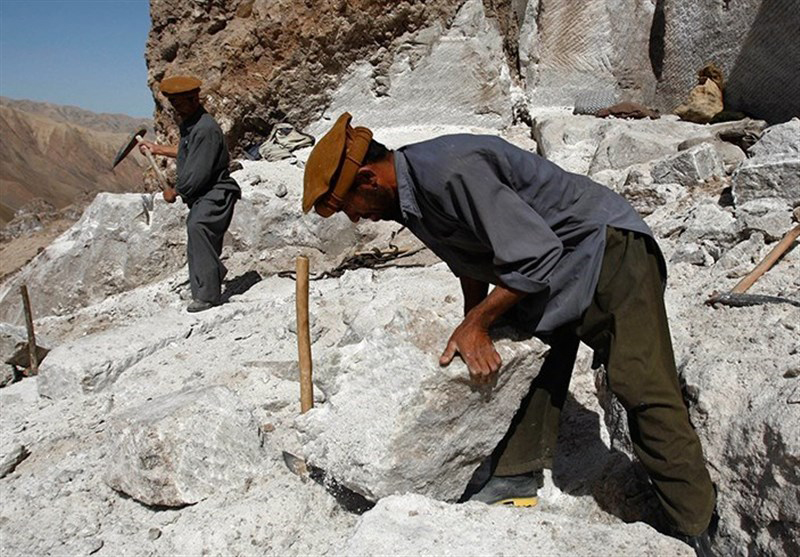The Taliban take control of Afghanistan
- On Sunday, the rebels conquered the capital, Kabul, in eastern Kabul. The Islamic Emirate of Afghanistan will be announced in the coming days. Citizens wishing to flee have appealed to the city's airports, but at the moment no one has been evacuated. Five people have died at Kabul airport, for unknown reasons.

The first alarms were unleashed on Friday, after the armed militias occupied five major cities, including Herat and Kandahar. U.S. troops began to withdraw from Afghanistan in May and the Taliban have made rapid progress since then, according to sources. In order to curb the force of the rebels and prevent war, the Afghan Government proposed at the end of the week to share power with the Taliban in the Doha talks.
But on Sunday, the Taliban seized Kabul and took control of the situation in Afghanistan. President Ashraf Ghani has left the country “to prevent more blood spilling” and rebels are making plans to form a new government.
Taliban spokesman Mohammad Naeem announced in an interview with Al-Jazeera Mubasher TV that the war is over: “We have achieved what we were looking for, freedom for the country and independence for our people.” Naeem added that a peaceful regime will be established and that "soon" the organisation of powers in the autonomous community will be announced.
One of the Taliban leaders has told the Reuters news agency that the rebels dispersed in several provinces will join and that all foreign forces will wait for Afghanistan to leave to form government. However, the Taliban will announce in the coming days the Islamic Emirate of Afghanistan, which has been declared illegal.
Naeem has explained that they do not want to govern the country in isolation and has appealed to the international community to sit down and negotiate. In defence of this "peaceful transition", he has ensured that the rights of women and minorities within Sharia law will be respected.
However, in the land hitherto conquered by the Taliban, the first signs of a new way of governing have been seen. According to The Guardian, in several areas of Afghanistan, women have been banned from accessing schools and universities or leaving their homes if they do not receive the help of a man.
Many fear that what happened in the Islamic Emirate, established by the Taliban between 1996 and 2001 will be repeated. Women were forbidden access to school and to various public spaces and to leave the house, the body and face had to be completely covered. Those who oppose religious law were subjected to penalties such as stoned murder and hanging.
Five deaths at Kabul airport
Faced with the threat of the Taliban, many people are trying to flee the country. On Sunday, people tried to get access to the planes that were about to leave Kabul airport quickly and decisively. U.S. military forces shot in the air for the citizens to be rejected, claiming that the planes were targeted at diplomats and embassy staff.
According to Reuters' latest information, five people have died at Kabul airport, two of them minors. A witness has reported that he has seen the corpses enter the cars and has been arrested. It is still unknown whether they have been killed or shot by a storm of people fleeing.
Foreign countries are working on an operation to evacuate their citizens from Afghanistan. Commercial flights have stopped and only a few rulers have managed to escape. In addition to President Ghani, several Trump Government ministers have been absent: Among those involved are the Minister of Defence, Bismillah Khan, and his three children, as Berria reported in a statement.
The United States has implemented the plan that they launched on Friday: On Monday they rescued all the embassy workers. In the coming days, a total of 1,000 new troops will be sent to Afghanistan to repatriate US citizens and aid groups.
International response
Over 65 countries have signed a communiqué calling on Afghan citizens also to leave the country. The UN President, António Guterres, said today that thousands of people have left for fear of human rights violations. The UN Security Council convened an emergency meeting this Monday in New York to decide how to act in Afghanistan.
Trump/Vance eta Zelenskyren arteko sesio gogoangarriak, Europan behintzat, erabat isilarazi badu ere, bada beste mundu-parte batean bederen dezenteko harrabotsa harrotu duen burutazioa. Afganistango Bagrameko aire-basea berreskuratu nahiko luke Trumpek, bere lehen... [+]
Gudarako droneen teknologian milioika dolarreko inbertsioak egin ostean, “historiako aire kanpaina zehatzena” iragarri zuen Barack Obama, AEBetako presidenteak. 2014tik gaur arte Pentagonoak bildutako dokumentuak aztertuta, ordea, “aire guda hau inteligentzia... [+]
We arrived in Urueña surrounded by walls when we traveled through the vast and arid land of the province of Valladolid. It's a town as small as it's curious. Although it does not have 200 inhabitants, there are eight bookstores, a literary museum and a corner of known stories... [+]





















